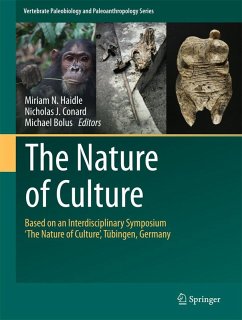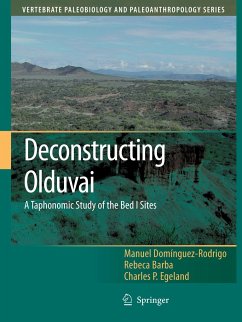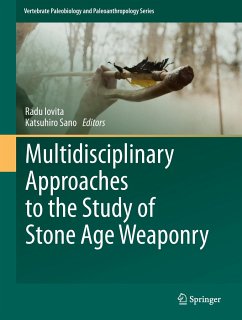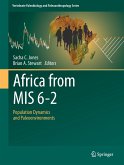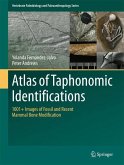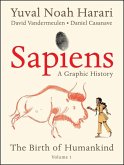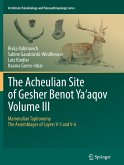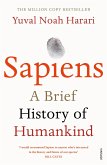This volume introduces a model of the expansion of cultural capacity as a systemic approach with biological, historical and individual dimensions. It is contrasted with existing approaches from primatology and behavioural ecology; influential factors like differences in life history and demography are discussed; and the different stages of the development of cultural capacity in human evolution are traced in the archaeological record.
The volume provides a synthetic view on a) the different factors and mechanisms of cultural development, and b) expansions of cultural capacities in human evolution beyond the capacities observed in animal culture so far. It is an important topic because only a volume of contributions from different disciplines can yield the necessary breadth to discuss the complex subject. The model introduced and discussed originates in the naturalist context and tries to open the discussion to some culturalist aspects, thus the publication in a series with archaeological and biological emphasis is apt. As a new development the synthetic model of expansion of cultural capacity is introduced and discussed in a broad perspective.
The volume provides a synthetic view on a) the different factors and mechanisms of cultural development, and b) expansions of cultural capacities in human evolution beyond the capacities observed in animal culture so far. It is an important topic because only a volume of contributions from different disciplines can yield the necessary breadth to discuss the complex subject. The model introduced and discussed originates in the naturalist context and tries to open the discussion to some culturalist aspects, thus the publication in a series with archaeological and biological emphasis is apt. As a new development the synthetic model of expansion of cultural capacity is introduced and discussed in a broad perspective.

